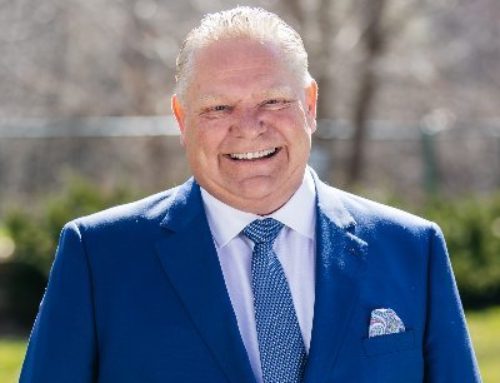The caricature of the politician is both scathing and blunt: a hypocrite, shameless and venal. It is often repeated but rarely apt. Recently, however, Canadian politicians have worked vigorously to deserve it. As the motion to change the definition of marriage comes to a “free-vote,” our elected officials have reassured us that their best judgement will not interfere with their governing and that their deepest convictions are of no force or effect.
The stated reason for this dualistic attitude towards religion and public office is that views should not be imposed by either persons or institutions. Yet when an elected official is chosen to represent the people, is he not still bound by his convictions? And, if an official was elected as a member of a religion, should his constituents not expect him to continue to adhere to his faith?
Furthermore, in a democracy, nothing is imposed. Ideas and opinions are freely offered, considered and critiqued. A religious member of Parliament does a disservice to his constituents if he does not offer his position. And since no view can be democratically imposed, there is even an obligation to offer a faith-based view.
This being said, however, there was much distress when the Vatican issued its “Considerations regarding proposals to give legal recognition to unions between homosexual persons.” Some accused the Vatican of telling politicians how to vote. The Vatican, in fact, was only exercising its protected right to free speech by instructing its members how to vote if they wished to remain members. Moreover, this exercise of free speech is all that is permitted. Politicians must decide for themselves if they will continue to abide by the teachings of their religions, or whether they will do otherwise. They do, however, lack a certain freedom: when conflicts arise, they cannot do both.
A statesman or stateswoman who puts his or her personal beliefs to one side while governing is not worthy of the name. For all the posturing of politicians, there can be no balancing of constituents and conscience; the politician does not betray his constituents by obeying his conscience. Indeed, if a politician does not obey his conscience, he fails not only the constituents to whom he owes honesty, but also himself by compromising his integrity. Anyone who is personally opposed to his own actions lacks either the courage of his convictions or the decency to be shamed.
If the matter comes down to choosing between the violation of one’s conscience, or resignation from public office, the duty of a politician is to resign. Those who act on the behalf of others must act with integrity. But when elected officials do not treat the tenets of their faith with more than a passing regard, how seriously can they take the oath of office? And if politicians would sooner jeopardize their immortal souls than their elected seats, how will they act in the common good? Without integrity, elected officials do not honour their office. There is nothing heroic in a willingness to trade principles for power.
Religious freedom is imperiled as never before. If an elected representative of the people cannot act religiously, how long will citizens be able to do so? Christian politicians should not have to fear acting like Christians.




